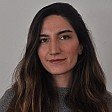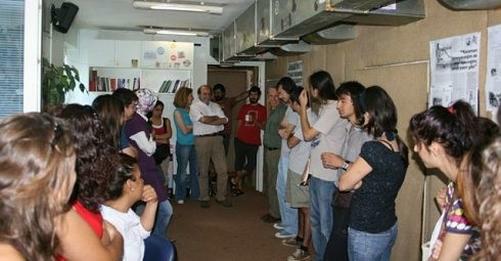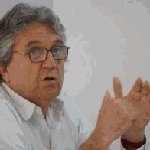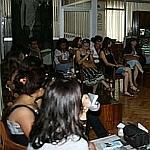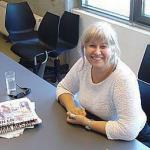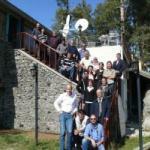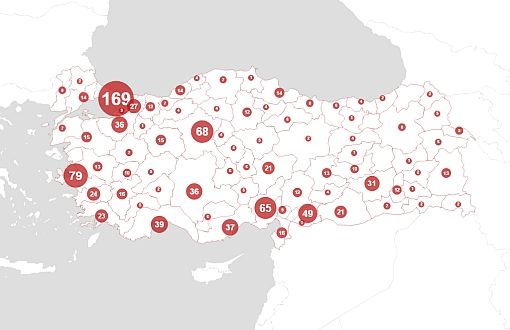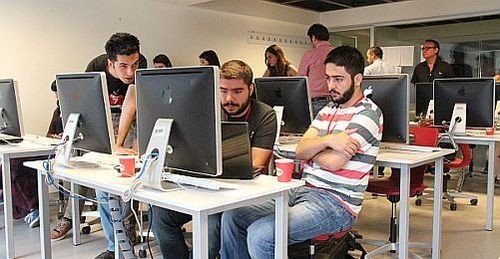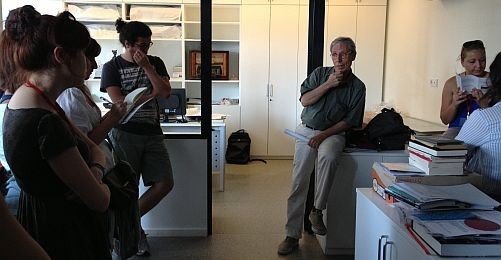The one-week training course of young journalists organised by the IPS Commmunication Foundation continued with a visit to representatives of the alternative media in Istanbul.
At the Açık (Open) Radio station, Ömer Madra said that the station's independence was based on its lack of dependence on advertising:
"The greatest problem for the media is dependency on advertising. Because the Doğan (media) Group has relations with POAŞ (the Petrol Office), we don't expect them to speak about global climate change. As for Habertürk, they have relations to the coal trade, so the same is true for them. We have developed something called the Listeners' Support Programme, which provides 40 percent of our income. We have an average of 4,500 supporters, which gives us great strength and motivation."
The second stop of the young journalists was bianet. Project coordinator Ertuğrul Kürkçü described how the project began, saying, "We make visible what is invisible in the media."
In turn, the bianet editors described their experiences of rights journalism. Current editor-in-chief Erhan Üstündağ spoke about the rotation system bianet introduced, which has broken down the hierarchies that are so often reflected in news reporting.
Tolga Korkut used the example of the working conditions in Tuzla shipyards to express his belief that reporting had to be based on rights. Emine Özcan spoke about the male-dominated, militarist language in the media that bianet was opposing. Bawer Çakır shared his experiences as a reporter.
Erol Önderoğlu emphasised the importance of following news at the local level. He pointed out that the mainstream media neglected to report on violations of the freedom of expression, something bianet tries to remedy.
Over lunch at bianet, the discussions and questions continued. (CU-CB/EÜ)
*Click here for photos of the training programme "From the Classroom to the Newsroom" 2009




